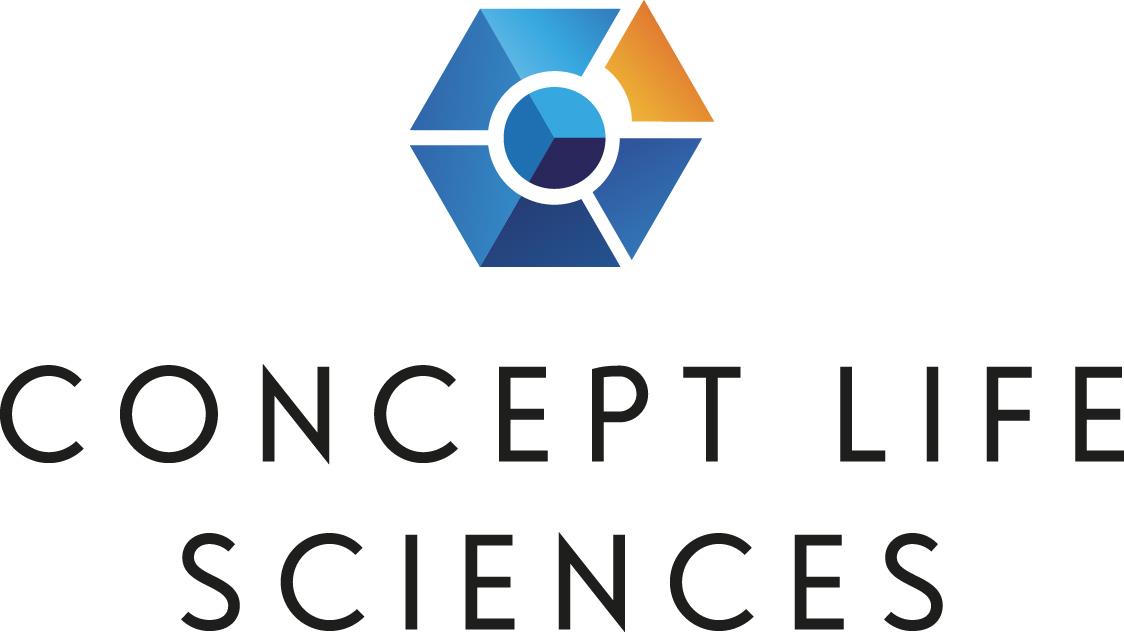4 April - 5 April 2019
Protein-Protein Interactions 2019
#PPIs19
Organised by:
SCI's Fine Chemicals Group and RSC's Biological and Medicinal Chemistry Sector in association with PPI-Net
Leeds, UK
Registration Closed
This event is no longer available for registration.
Synopsis
Virtually all vital cellular processes are controlled by protein-protein interactions (PPIs), including gene expression, proliferation, intracellular communication and apoptosis. The understanding and manipulation of PPIs therefore plays an important role in fathoming the biology of healthy and diseased states. Achieving this goal will lead to new probes of cell signalling pathways or systems biology, and molecular therapeutics for addressing unmet medical need.
To date, only a few PPIs have been the subject of drug discovery initiatives by the pharmaceuticals industry. Given the potential opportunities around modulating more of the estimated >650,000 PPIs, this field continues to generate considerable scientific interest, which has stimulated significant academic and industrial innovation. This meeting will address recent advances in the area. Topics will include: inducing protein degradation using small molecules, protein engineering and synthetic biology, integration of computational and experimental methods to study PPIs, characterisation and identification of new PPI inhibitors and lead optimization challenges for molecules targeting PPIs from case studies in drug discovery.
Attendees
The event is aimed at all scientists (including PhD students and those in early career), from industry and academia, with an interest in the understanding or manipulation of protein-protein interactions. This encompasses medicinal and computational chemists, structural biologists, biochemists, chemical biologists, and molecular and cell biologists.Programme
| Thursday 4 April |
||
| 10.00 | Registration | |
| 10.20 | Introductory remarks | |
| 10.30 | Plenary Talk: Structure based design of high affinity inhibitors of B-cell lymphoma 6 (BCL6) protein-protein interaction Graeme Robb, AstraZeneca |
|
| 11.15 | Preclinical validation of a therapeutic peptide targeting a protein/protein interaction Angelita Rebollo, Centre d’Immunologie et des Maladies Infectieuses |
|
| 11.45 | Designing and disrupting protein-protein interactions in test tubes and cells Dek Woolfson, University of Bristol |
|
| 12.15 | Lunch, exhibition and posters |
|
| 13.30 | Mimicking Protein-Protein Interactions in Persistent Bacteria Anna Barnard, Imperial College |
|
| 13.45 | Platforms for the generation and high-throughput screening of cyclic peptide libraries Ali Tavassoli, University of Southampton |
|
| 14.15 | Stabilising Protein-Protein Interactions: A Challenge for Ligand Discovery Richard Doveston, University of Leicester |
|
| 14.45 | A novel crosslinking method allows rapid and unbiased analysis of dynamic and tight protein-protein interaction interfaces in vitro Jim Horne, University of Leeds |
|
| 15.00 | Ligand directed fragment ligation targeting protein-protein interactions Zsófia Hegedüs, University of Leeds |
|
| 15.15 | Peptide grafting into a repeat-protein scaffold can impart low nanomolar affinity for Keap1 Sarah Madden, University of Cambridge |
|
| 15.30 | Stabilization of Protein-Protein Interactions Pim J. de Vink, Eindhoven University of Technology |
|
| 15.45 | Refreshments | |
| 16.00 | A new method to probe protein interactions in solution Maya Wright, Fluidic |
|
| 16.15 | Plenary talk: Fragment Based Drug Discovery for PPIs David Rees, Astex Pharmaceuticals |
|
| 17.00 | Poster session and wine mixer |
| Friday 5 April | ||
| 09.00 | Plenary talk: Navigating the landscape of Bcl-2-binding peptides Amy Keating, Massachusetts Institute of Technology |
|
| 09.45 | A new class of RAS-effector protein-protein interaction inhibitors derived using an intracellular antibody fragment Philip Fallon, Domainex |
|
| 10.15 | Nanobodies directed against Tau protein to modulate its protein interactions in Alzheimer’s disease Isabelle Landrieu, Universite de Lille |
|
| 10.45 | Refreshments | |
| 11.15 | Discovery of Mcl-1-specific inhibitor AZD5991 and structure based design learnings from Mcl-1 PPI inhibition Elisabetta Chiarparin, AstraZeneca |
|
| 11.45 | Getting in to deep water: the discovery and optimisation of BCL6 inhibitors Ben Bellenie, ICR |
|
| 12.15 | Lunch, exhibition and posters | |
| 13.30 | Development of a potent class of small molecule inhibitors of the MDM2-p53 protein-protein interactions Ian Hardcastle, University of Newcastle |
|
| 14.00 | Interaction of viral envelope proteins with host prohibitins Anja Winter, Keele University |
|
| 14.30 | The design and synthesis of selective CREBBP bromodomain ligands Stuart Conway, University of Oxford |
|
| 15.00 | Refreshments and poster prize presentation |
|
| 15.15 | Plenary talk: PROTAC-mediated Protein Degradation: A New Therapeutic Modality Craig Crews, Yale University |
|
| 16.00 | Closing remarks |
|
| 16.15 | Close |
Venue and Contact
University of Leeds
School of Chemistry
University of Leeds
Woodhouse Lane
Leeds
LS2 9JT
Conference Team
Tel: :+44 (0)20 7598 1561
Email: conferences@soci.org
Fees
Early bird fees before Friday 22 February 2019
| £165 | SCI/RSC Member | |
| £60 | SCI/RSC Student Member | |
| £95 | SCI Subsidised Member | |
| £220 | Non-Member |
Standard fees after Friday 22 February 2019
| £220 | SCI/RSC Member | |
| £85 | SCI/RSC Student Member | |
| £135 | SCI Subsidised Member | |
| £290 | Non-Member |
Become an SCI Member and save on this and future events
See Membership OptionsSign up as an Event Member to join this event. SCI Full or Student Members receive discounts on event registrations
Booking Process
Exhibitors
Sponsors
Additional Information
Organising committee
- Dr Tilly Bingham, SCI/ Concept Life Sciences (Chair)
- Dr Nicola Chessum, SCI/ The Institute of Cancer Research
- Dr Jason Tierney, SCI/ Anima Biotech
- Dr Douglas Williamson, Vernalis
- Prof Andy Wilson, University of Leeds
Student Bursaries
A limited number of student bursaries of up to £350 each are available to registered participants, as a contribution to the cost of registration fees, travel and accommodation. The closing date for applications is 22 February 2019, to receive an application form please email conferences@soci.org
Exhibition and Sponsorship
An exhibition will take place alongside the conference during refreshment breaks for companies and related organisations who may wish to exhibit. For further information and prices, please email conferences@soci.org. Spaces are limited and will be allocated on a first come, first served basis.














